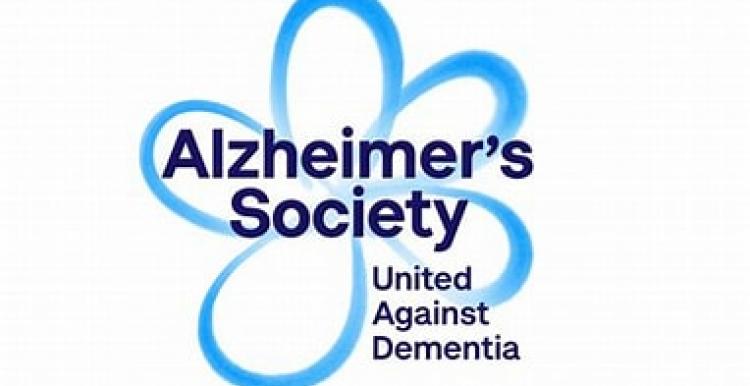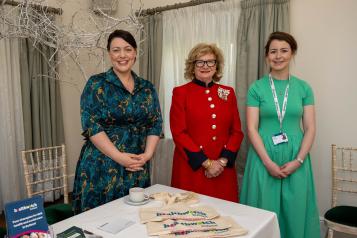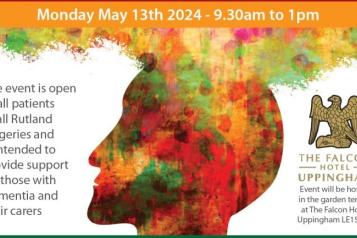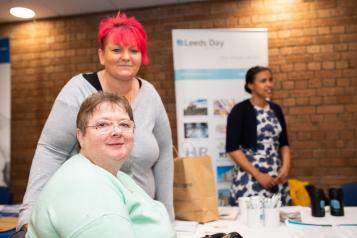Dementia Action Week: Dementia Information

The following information and more can be found on the Alzheimers Society website.
What is dementia?
Dementia is a range of symptoms that show that the brain has a disease. Only some people get dementia, it does not happen to everyone as they get older. Alzheimer’s Disease is the most common type of dementia.
What are the symptoms of dementia?
A person with dementia can forget things. They can think, feel, speak and act differently. There are various symptoms such as:
- Problems concentrating, understanding new ideas or solving problems
- Daily tasks may become difficult
- Confusion, you may not know where you are, even in a place you know well
- Anxiety, sadness, fear, irritability or getting easily upset
- Losing interest in things and losing confidence
How can a person with dementia get support?
When you have dementia, it helps to find the right support:
- Social Services and the Needs Assessment. A person with dementia must have a needs assessment if they ask for one. Social Services can give you advice about support and care.
- Friends and Family. It can be hard to ask for or accept help. Friends and family can give great support.
- Benefits and Employment. You may get a pension and benefits, whether you are working, not working or retired. If you are working talk to your employer.
- Memory Aids, Strategies and Technology. Lots of people with dementia have memory problems. There are practical ways to cope with everyday living.
- Support Groups, Support Workers, Dementia Advisors. If you would like to speak to a Dementia Advisor then ring the Alzheimer’s Society on 0333 150 3456.
- Dementia Friendly Activities Go to the dementia directory to find activities in your area.
If you notice any changes and are worried about yourself or someone else, speak to your GP. For support, call Alzheimer’s Society on 0333 150 3456.
To access the guide to living well after your diagnosis click here.


